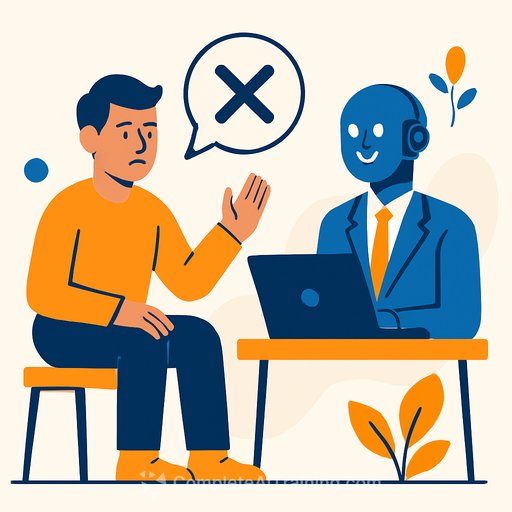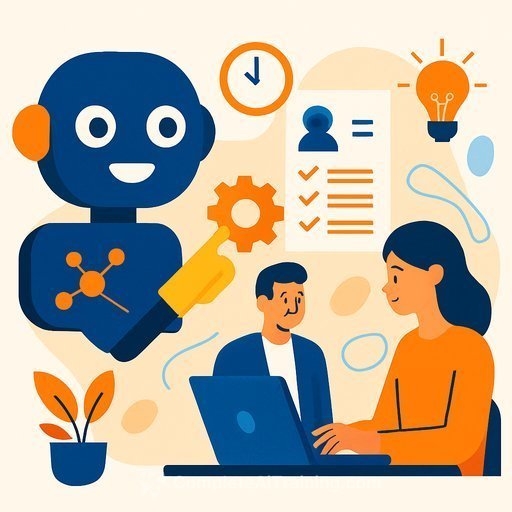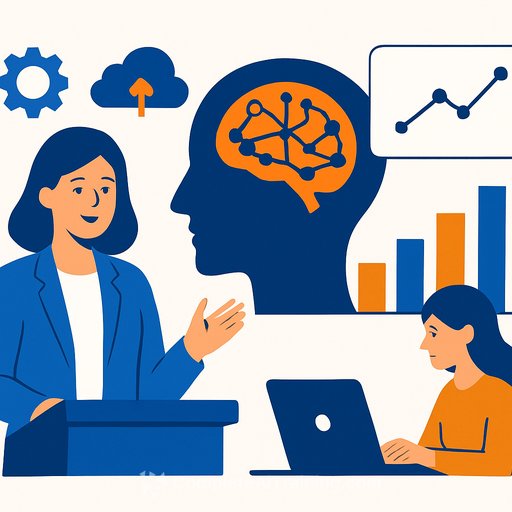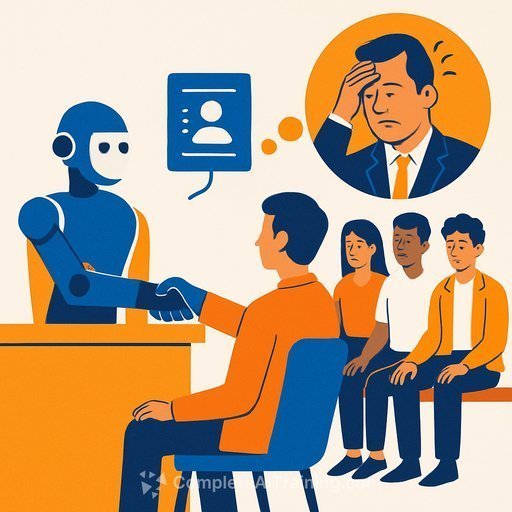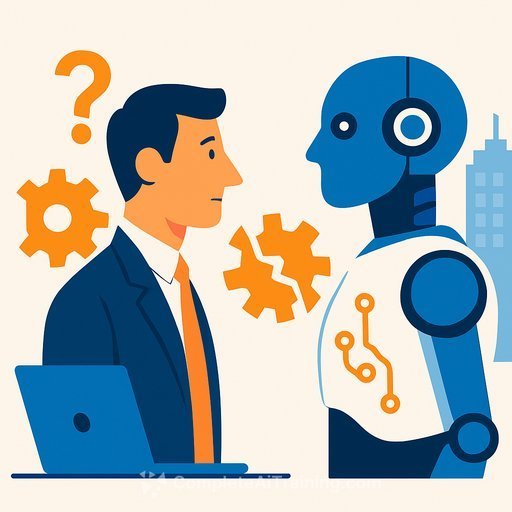The Rise of AI in Recruitment Processes
Artificial intelligence is becoming a key tool in corporate hiring, but it’s meeting growing resistance from job seekers. Companies use AI-driven interviewing tools to speed up recruitment, yet many candidates are choosing to avoid these automated systems. They often see AI interviews as cold and impersonal, raising concerns about what this means for company culture and values.
This tension reveals a bigger conversation about technology’s place in human resources. Employers gain efficiency, but candidates want genuine, human interactions that reflect respect and understanding.
Candidate Backlash and Its Implications
The pushback against AI hiring tools is more than just opinions—it’s measurable. AI interviews are now common in early screening, yet many applicants refuse to participate. One software engineer put it plainly: “I’d rather risk staying unemployed than talk to another robot.” This feeling is echoed widely on social networks where professionals express frustration over losing the human touch in hiring.
For HR teams, this creates a real challenge. AI can reduce recruitment costs by up to 30%, but it may also drive away top talent. Some companies, like Unilever, have seen success using AI for high-volume hiring, but critics argue that these tools can increase inequality by favoring candidates who perform well on camera rather than those with diverse backgrounds and skills.
Bridging the Human-AI Gap
Experts suggest a mixed approach. AI can handle initial candidate screening while humans take over later stages to maintain trust and fairness. Predictive analytics can help forecast candidate fit, but ethical use of AI is essential to avoid bias.
With unemployment among recent graduates at record highs, the stakes are significant. Job seekers are focusing on skills that AI can’t easily evaluate, like creative problem-solving. Meanwhile, HR professionals face a balancing act between efficiency and keeping candidates engaged.
- Use AI for quick filtering
- Include human interviews to assess cultural fit
- Focus on skills-based hiring rather than solely AI-driven metrics
Recruiters on social media often call for hiring strategies that combine AI’s strengths with human judgment to improve outcomes.
Future Outlook for Hiring Dynamics
AI’s role in recruitment will likely grow, but companies must address key concerns such as data privacy and algorithm fairness. Transparency is critical to building candidate trust.
The fact that some candidates are willing to pass up job offers rather than engage with AI interviews signals a need for companies to humanize their hiring processes. This pushback could drive new AI developments, like systems that better simulate empathy.
As one social media user noted, this shift tests the core of work itself—finding the right balance between technology and human connection in hiring.
HR professionals looking to stay informed and adapt to these changes might explore ongoing AI training courses to better understand how to integrate AI thoughtfully in recruitment.
Your membership also unlocks:

